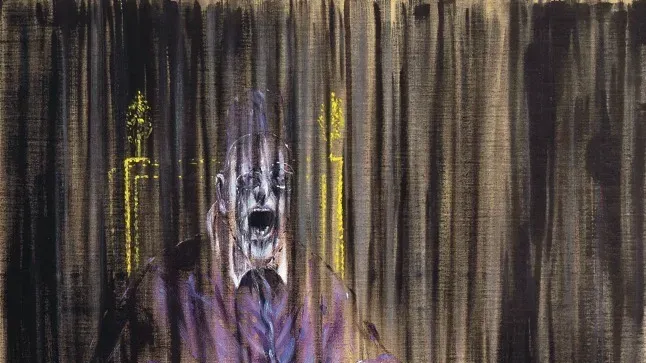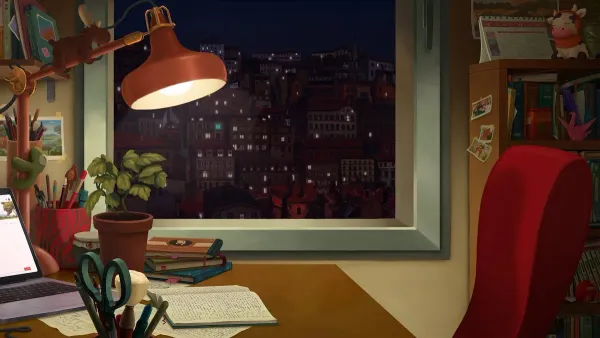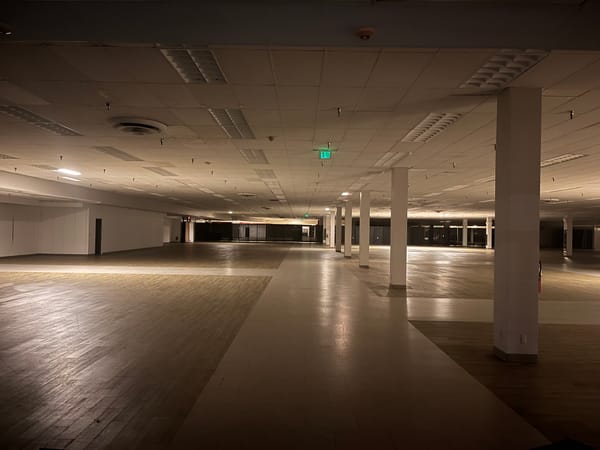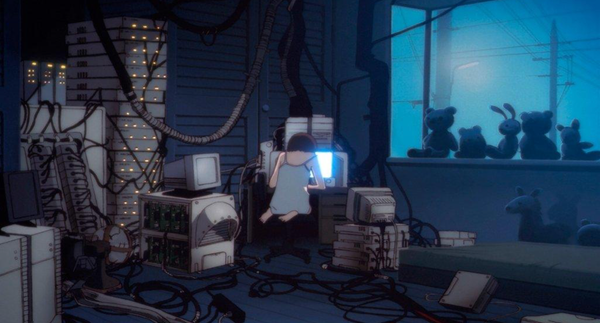The Burnout Essay

My Google Drive is filled with false starts. Unpublished arguments taper off and vanish, invectives and analyses halt mid-sentence. There are essays about masculinity, about films, about memory, about health, about depression. Some of them I might return to, when the time is right. But all of these attempts at writing essays were only an act of deferral of the writing of this one. This is an essay about burnout.
I’ve struggled with depression for most of my life. It’s unlikely this will come as much of a surprise to anyone: it has left its signature all over my writing. I’m not of the opinion that mental illness provokes better art, but mental illness has been with me long enough that it’s left an indelible imprint on my subjectivity. I will always see the world as a depressive, or one who has been a depressive, in a manner no different than the way I will always see the world as a trans woman.
Mark Fisher writes of depression as a ‘theory about the world.’ If depression is a theory, then in horror fiction we find that theory’s affirmation. In movies like Kiyoshi Kurosawa’s Pulse or Joel Anderson’s Lake Mungo I find, if not comfort, than a reaffirmation of my own perspective; that the forces undergirding conscious existence are impartial if not malignant, that alienation is a tendency as ineluctable as gravity.
I named this site ‘Eerie Undertow’ in part after that conviction. Most directly, the site stems from a passage in Susanna Kaysen’s Girl, Interrupted in which she writes:
“Even in lives like his, professional lives lived out in the suburbs behind shrubbery, there was a strange undertow, a tug from the other world--the drifting, drugged-out, no-last-name youth universe--that knocked people off balance. (chp. 10)”
Current scientific models categorize gravity as a spacetime distortion. Mass alters the curvature of the universe around it, in the same way a lead weight on a trampoline alters the curvature of the canvas. This is how depression functions. It is the inevitable telos of the psyche, all things inexorably drawn towards zero.
It is incorrect to say that beginning hormone therapy gave me panic attacks. The subjective acuteness of my symptoms have increased: the vibrancy with which I now feel panic and anguish, the manner in which dissociation now takes on an oppressive, physical aspect. But viewed from a state of remove, I can acknowledge that these things were not born the moment I first put a little blue pill under my tongue. The wild, raging forces inside me were removed from my experience, hidden beneath the same opaque caul which hermetically isolated me from the whole of reality. Pain is only possible when one has hope.
I’ve been often told that I’m ambitious. This doesn’t feel correct. I feel driven at all times to Work, to Produce, and if not Produce than at least Better Myself, in a manner that enables greater and more masterful production later. But ambition has, in my conception, always been a forward-looking force. One is ambitious because one seeks achievement for its own sake. My drive towards performance has always been retrospective, the way someone in a horror movie will turn to see the killer close at their heels. I’m driven to perform because it is the only thing that pushes me away from the void that has backgrounded my every action, the thrust keeping me from falling into the event horizon of absolute despair.
I felt no desire pretransition because I was not alive. Now that I’ve attained full personhood, I’m acutely aware of the precarity of my own position. Oblivion snaps at my heels, as it does for everyone. For trans people, though, annihilation is far more proximate than for most. I can’t count how many brilliant, talented, driven trans people I’ve watched vanish, condemned to increasing irrelevance or brief success followed by premature death. I want, if not survival, than at least commemoration: to have done work worth doing.
Envy is the demon that haunts neoliberalism. The political effect of an ideology of entrepreneurship and ‘being one’s own boss’ (an ideological structure which encompasses artists as well, as much as we might pretend otherwise) is to make solidarity impossible. Our accumulation of knowledge and skill becomes an act of self-weaponization, a mustering of arms in the bellum omni contra omnes. As many high-minded ideas as we might hold about horizontality and communal responsibilities, we are all only capable of being in it for ourselves.
The effect of these structures is so total that it inverts typical definitions of friend and enemy. It’s those closest to us that we find ourselves most at odds with: we’re all competing for the same tranche of time and money and attention and recognition. The atomization of our society creates a vicious feedback loop of self-reinforcement. We are incapable of celebrating others success, inasmuch as we can only view it as our own failure; incapable of seeing others as friends or allies, inasmuch as we can only view them as competitors. The inherent irony in the idea of the ‘trans community’ is how shockingly lonely it is, how desperation has all ground us down to nothing but sharp edges.
Envy is our forced awareness of our standing within the hierarchy of the universe. The manner in which our apparati of mass communication have been constructed only serves to heighten this dominant affect. We see only other’s success, the curated slice of their lives deemed acceptable for consumption. We find ourselves haunted by the achievements of others we’ve never met. We map their lives onto our own and only heighten our feelings of fear and discontent. The momentum of envy is corrosive. The impetus it provokes is driven out of shame and rage.
The Work (abstracted, generalized) becomes a kind of anodyne. We work because not working is to make oncemore visible the immense darkness above which we all hang suspended. We work because we know someone else is working, and to slacken for even a second is to allow them to bury a blade hilt-deep in our heart. Rest itself (that is, true rest, not just lethargy and distraction) becomes inconceivable and therefore impossible. The grind, in other words, never stops.
I am a writer. By this I mean that I do not know how to do anything else. For me, it is as much a part of how I live as breathing or eating. I would write even if I knew what I wrote would go unread by the whole of the human species. I have been a writer for years longer than I have had a name, and it is the more integral part of me by far.
I am writing this essay because I want to keep writing, which entails ceasing to write. I am terrified of being overcome by the envy and panic that the world has forced into me. I am terrified of becoming a wolf among wolves, of turning my art outwards, of making it a blade. I am exhausted beyond belief of wounding and being wounded by others in our mutual pursuit of personal and creative fulfillment. I can’t bear of the idea of my own life vanishing by comparison. Someday, if I continue, I will only be able to see myself as a deviation from the perfected life of another. My whole existence will become illegible as anything other than steps away from the condition of a prodigy.
I have not yet learned to stop. The envy still burns white-hot within me. Hearing certain phrases or names still fills me with self-loathing and despair at my own inadequacy. The work of undoing this conditioning will, I suspect, be one of the works of my life, as much as creation itself. But it must be done regardless. To live with envy is to relegate myself and my work to existing in the shadow of others.
I want to create out of joy, not fear. I want to make things out of the unalloyed certainty that there is something within me worth making. To do this I have to remove from my sides the brutal spurs of competition. I have to relearn how to rest. I have to reinstill in myself the certainty that my life is not solely defined by its inadequacy in comparison to the lives of others. I freely admit I have no idea how this change will come about. But at the same time, I have become increasingly convinced it is one of the only things that could possibly spare my art.
I hope you’ll join me.


